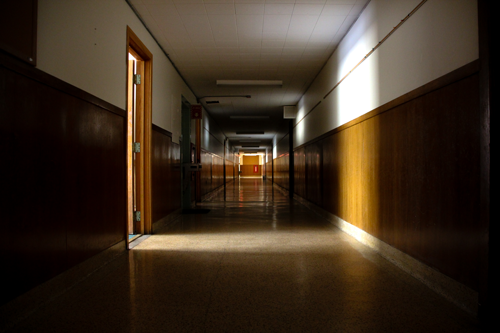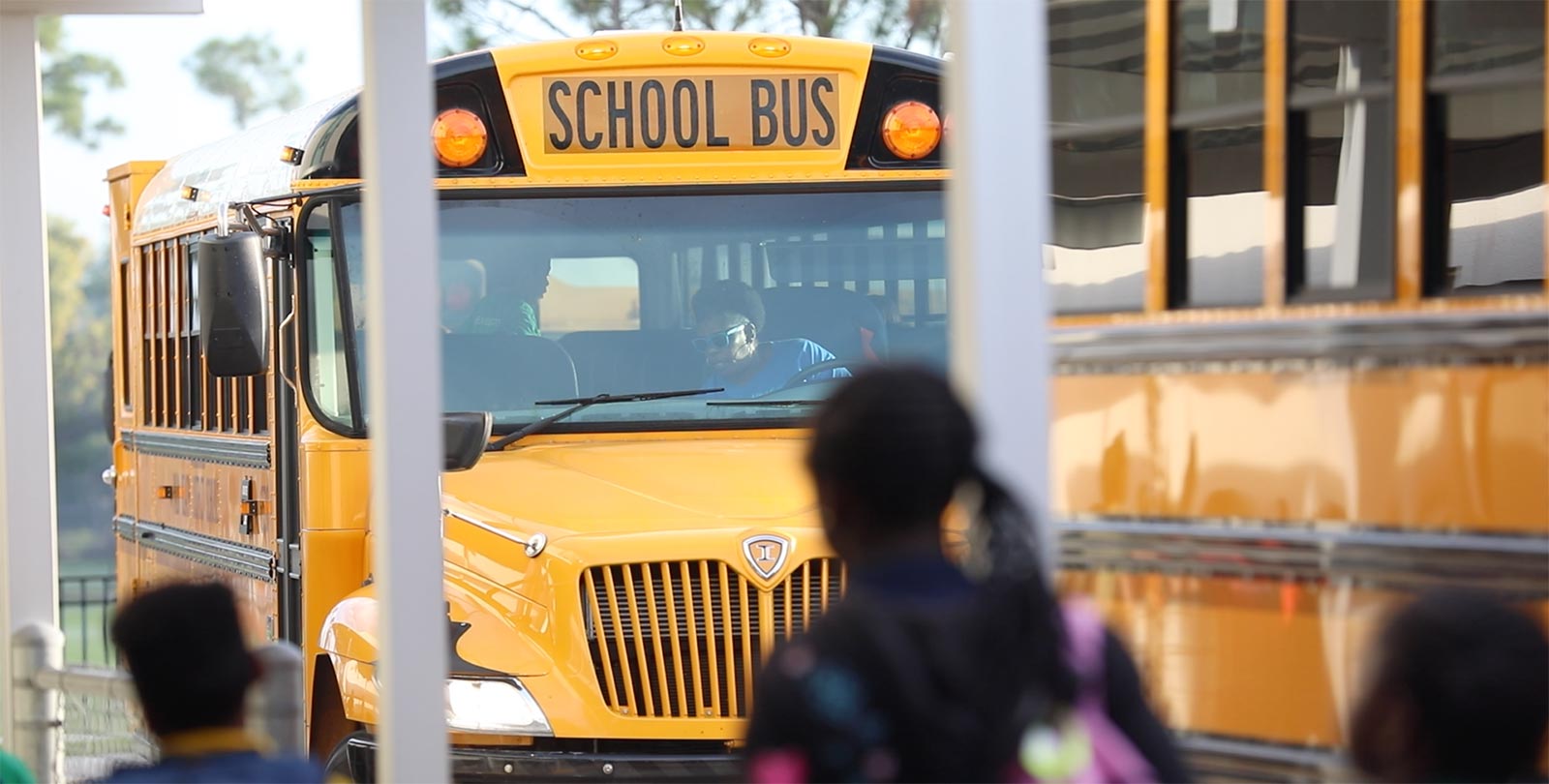Teacher & Staff Shortage
Florida faces a severe shortage of teachers and education support staff professionals, exacerbated by policies that keep wages low and make it harder for educators to focus on what they do best. Thousands of students in Florida start each year without a full time, fully certified educator, with districts relying more and more on long-term substitutes, out of field teachers and outsourcing critical support services. To address this, Florida must offer competitive pay that ensures teachers and staff professionals can live where they work and provide multi-year contracts to retain qualified staff.
Our students suffer when politicians don't meaningfully address the critical teacher and staff shortage.

Deep Dive on Florida’s teacher and staff shortage
We go beyond the numbers and look at the root causes of Florida’s teacher and staff shortage.

Education staff professionals are vital to student success
Teacher shortage numbers make the headlines, but students and school communities are also impacted by shortages of education staff professionals.

Florida’s staff shortage is bad for students metal health
One impact of the staff shortage is far too many children don’t have access to mental health services through their schools.
Additional Resources
Filter by Post Type
Florida’s Teacher and Staff Vacancies Signal a Retention Crisis at a Breaking Point
The latest teacher and staff vacancy numbers are out, and the most recent data shows an uptick in teacher and staff vacancies, meaning that public schools all over the state are starting the second half of the school year without enough bus drivers, paraprofessionals, custodial staff, cafeteria workers, teachers and so many others who are essential to keeping students healthy and safe in fully functioning public schools.
State Board of Education Continues Governor's “Blame Educators Tour”
“It’s time to stop weaponizing our classrooms and ensure every child has access to the tools, resources, and opportunities they need to thrive.” Today’s State Board of Education meeting follows a similar pattern of the leadership in Florida: insert politics where they don’t belong, misrepresent, blame, and intimidate instead of focusing on real, sustained investment […]
Vacancy Numbers Show Florida Continues to Struggle with Attracting and Retaining Prepared, Qualified Educators
Florida Education Association Releases Vacancy Numbers for 2025-2026 K-12 School Year; Thousands of Students Return to School with No Permanent Educators “While the data shows fewer vacancies at the start of this school year, the decline in vacancies is driven by extensive budget cuts which have led to districts cutting thousands of positions, reducing critical […]
Teacher and Staff Shortages Persist and Tell a Deeper Story About Problematic Policies
New teacher vacancy numbers show that halfway through the school year there are still 3,197 advertised instructional vacancies across the K-12 system. Thousands of students across the public school system do not currently have access to a qualified, prepared educator.
Frequently Asked Questions
Accordion Heading
Phasellus mi quam pharetra nibh cursus mattis sed lacinia senectus. Et nam egestas egestas pretium gravida amet mattis. Magna purus ut euismod quam sit facilisis. Amet molestie lectus ridiculus phasellus sit fermentum tristique nunc est.
Accordion #2
Lorem ipsum dolor sit amet, consectetur adipiscing elit. Ut elit tellus, luctus nec ullamcorper mattis, pulvinar dapibus leo.
Accordion #3
Lorem ipsum dolor sit amet, consectetur adipiscing elit. Ut elit tellus, luctus nec ullamcorper mattis, pulvinar dapibus leo.
